The Power of Beauty and Cleansing The ancient Egyptians were well-known for their elaborate beauty rituals and advanced knowledge of cosmetics. Among their many beauty secrets, the use of soap played a significant role. Soap in ancient Egypt was not only used for cleansing purposes but also served as a symbol of luxury and beauty. Let us delve into the fascinating world of ancient Egyptian soap and discover its unique properties. One of the earliest recorded mentions of soap comes from ancient Egypt, dating back to around 1550 BCE.
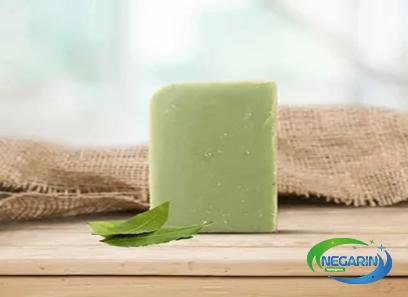
.
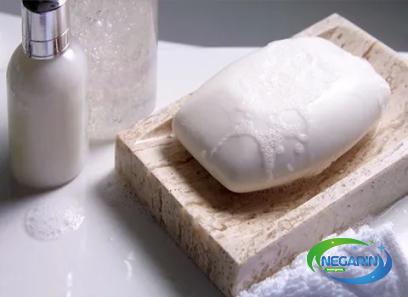 The ancient Egyptians valued cleanliness and personal hygiene, considering it an important aspect of both physical and spiritual well-being. As such, they developed their own methods of soap-making using natural ingredients readily available in their environment. The primary ingredient used in ancient Egyptian soap was natron, a naturally occurring compound found in the area’s soda lakes. Natron consists of a mixture of sodium carbonate decahydrate and sodium bicarbonate. It possesses excellent cleansing properties, making it an ideal base for soap production.
The ancient Egyptians valued cleanliness and personal hygiene, considering it an important aspect of both physical and spiritual well-being. As such, they developed their own methods of soap-making using natural ingredients readily available in their environment. The primary ingredient used in ancient Egyptian soap was natron, a naturally occurring compound found in the area’s soda lakes. Natron consists of a mixture of sodium carbonate decahydrate and sodium bicarbonate. It possesses excellent cleansing properties, making it an ideal base for soap production.
..
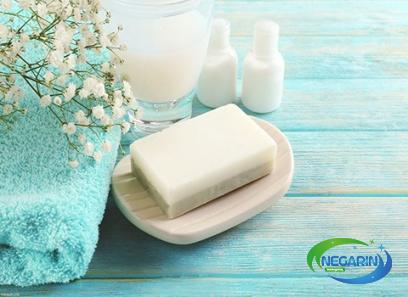 To create ancient Egyptian soap, natron was combined with other ingredients such as animal fats, vegetable oils, and aromatic substances. These additional ingredients served multiple purposes – they added moisture to the soap, enhanced its cleaning ability, and provided a pleasant scent. The resulting soap was both effective and luxurious, catering to the Egyptians’ desire for beauty and cleanliness. Soap in ancient Egypt was not just a means to cleanse the body. It held symbolic significance as well. The Egyptians believed that cleanliness was essential for spiritual purity, and soap played a crucial role in their religious rituals. Priests and temple workers used soap during purification ceremonies, believing it could cleanse not only the physical body but also the soul.
To create ancient Egyptian soap, natron was combined with other ingredients such as animal fats, vegetable oils, and aromatic substances. These additional ingredients served multiple purposes – they added moisture to the soap, enhanced its cleaning ability, and provided a pleasant scent. The resulting soap was both effective and luxurious, catering to the Egyptians’ desire for beauty and cleanliness. Soap in ancient Egypt was not just a means to cleanse the body. It held symbolic significance as well. The Egyptians believed that cleanliness was essential for spiritual purity, and soap played a crucial role in their religious rituals. Priests and temple workers used soap during purification ceremonies, believing it could cleanse not only the physical body but also the soul.
…
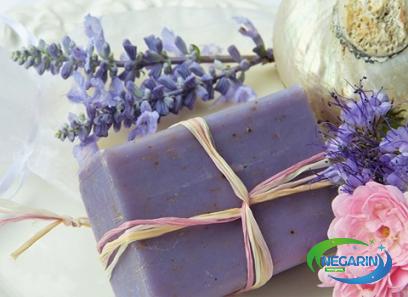 Furthermore, the elite classes of ancient Egypt considered the use of soap a sign of wealth and status. It was not easily accessible to the common people, making it a luxury item that only the privileged could afford. Thus, the possession of soap became a symbol of beauty and social standing. The techniques and knowledge of soap-making in ancient Egypt were so advanced that they were passed down through generations. Over time, these methods traveled to other regions, influencing the development of soap-making in neighboring civilizations and eventually reaching Europe. The ancient Egyptians’ contributions to soap-making not only left a lasting impact on beauty rituals but also laid the foundation for modern soap production. Today, we continue to incorporate their methods and utilize natural ingredients to create soap that is both effective and environmentally friendly. In conclusion, ancient Egyptian soap was not merely a cleansing agent; it represented a fusion of luxury, beauty, and spirituality. The use of natron and other natural ingredients gave the soap remarkable cleansing abilities, while its rarity made it a symbol of status and elegance. The legacy of ancient Egyptian soap-making techniques continues to inspire modern soap production, reminding us of the power and significance of cleanliness and self-care that transcends time.
Furthermore, the elite classes of ancient Egypt considered the use of soap a sign of wealth and status. It was not easily accessible to the common people, making it a luxury item that only the privileged could afford. Thus, the possession of soap became a symbol of beauty and social standing. The techniques and knowledge of soap-making in ancient Egypt were so advanced that they were passed down through generations. Over time, these methods traveled to other regions, influencing the development of soap-making in neighboring civilizations and eventually reaching Europe. The ancient Egyptians’ contributions to soap-making not only left a lasting impact on beauty rituals but also laid the foundation for modern soap production. Today, we continue to incorporate their methods and utilize natural ingredients to create soap that is both effective and environmentally friendly. In conclusion, ancient Egyptian soap was not merely a cleansing agent; it represented a fusion of luxury, beauty, and spirituality. The use of natron and other natural ingredients gave the soap remarkable cleansing abilities, while its rarity made it a symbol of status and elegance. The legacy of ancient Egyptian soap-making techniques continues to inspire modern soap production, reminding us of the power and significance of cleanliness and self-care that transcends time.
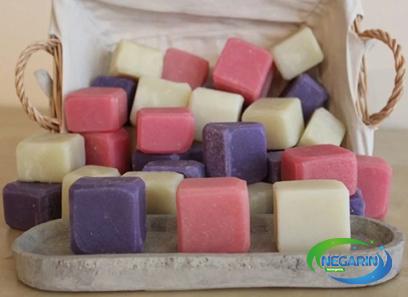
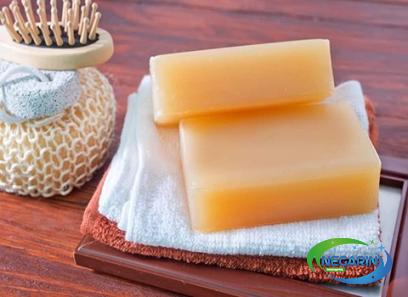
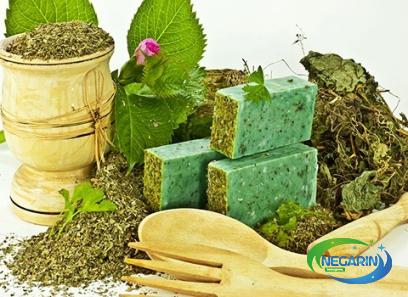
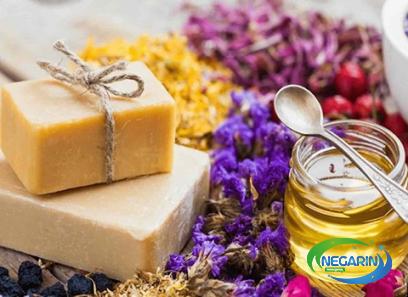
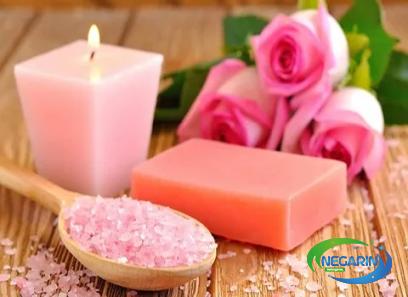
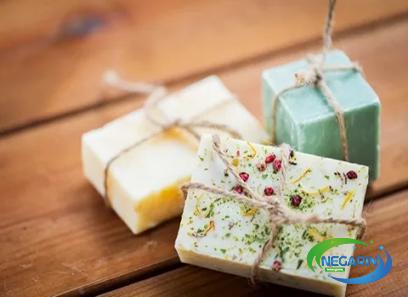
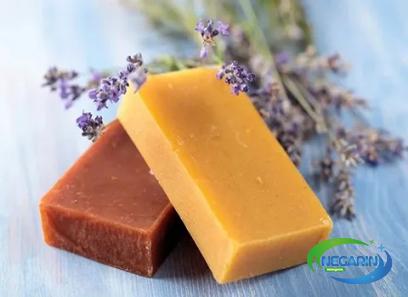
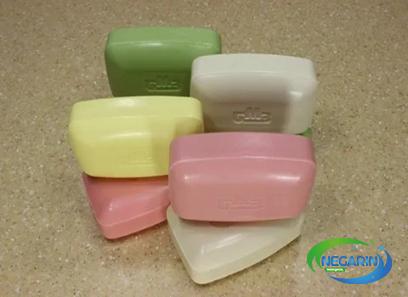
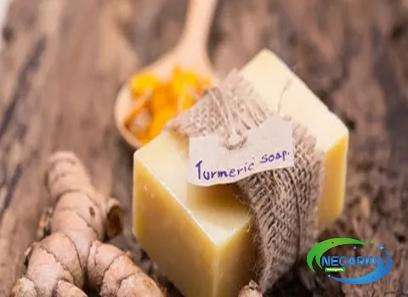
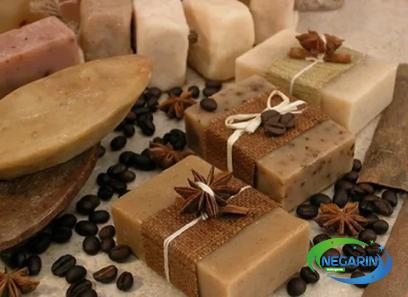
Your comment submitted.